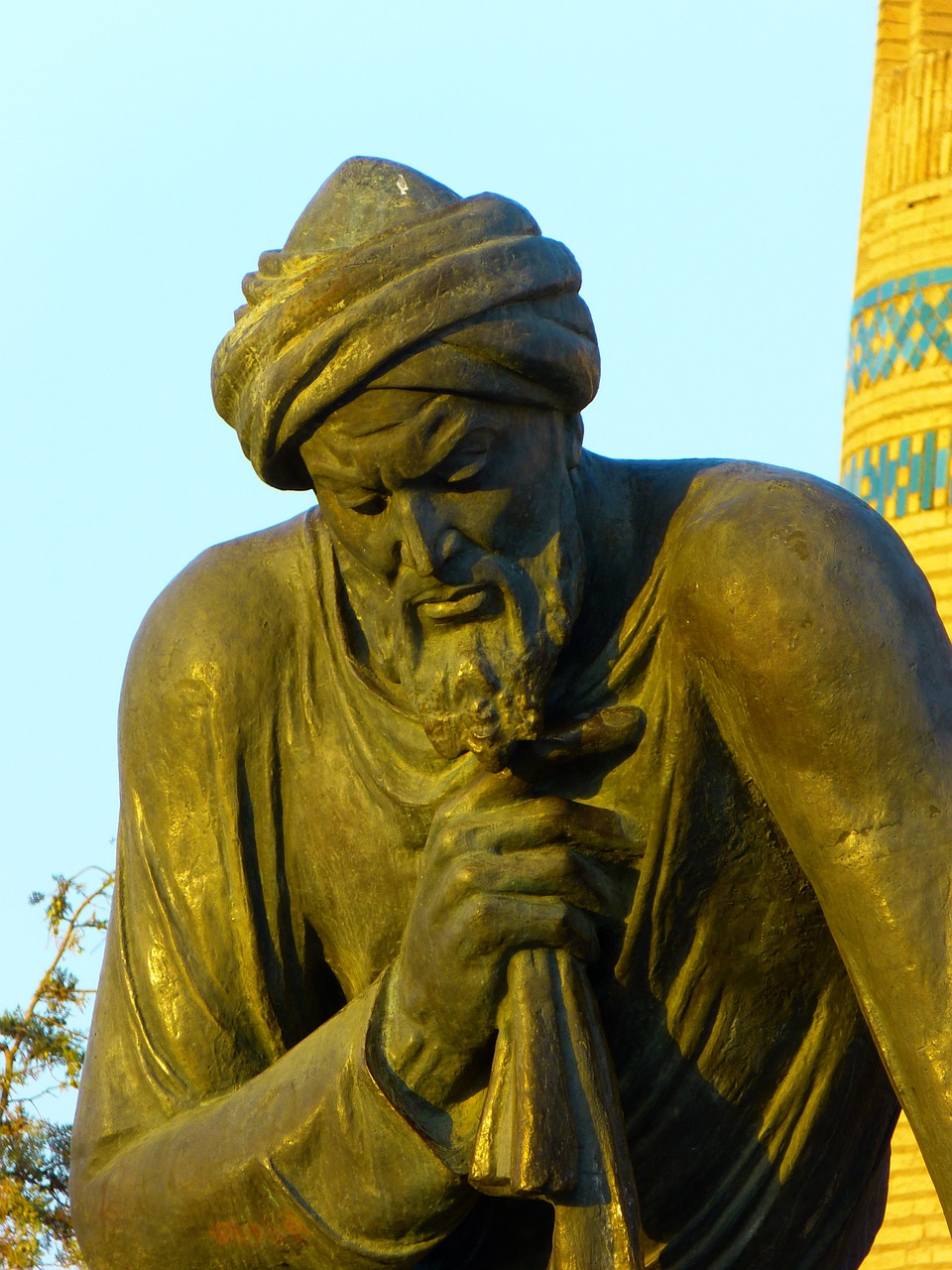The Undefeated Legends

Throughout history, some military commanders have achieved the seemingly impossible – winning every single battle they ever fought. Despite that, they share one thing in common: they never lost a battle. These extraordinary individuals represent the pinnacle of military genius, their names echoing through time as masters of warfare who simply refused to accept defeat. Having remained undefeated, he is claimed by some to be one of the finest military generals in history. Their stories aren’t just about victories on ancient battlefields; they’re lessons in strategic thinking, adaptability, and the psychology of warfare that still influence military doctrine today. What makes these commanders so remarkable isn’t just their perfect records, but how they achieved them against overwhelming odds, often while commanding smaller forces than their enemies. Picture a chess game where one player never loses a single match across decades of play – that’s the level of tactical brilliance we’re talking about here.
Alexander the Great – The Macedonian Mastermind

Alexander the Great – Macedonian King of the 4th century BC who led an army from Greece against the Persian Empire and into India. He is often regarded as one of the finest battlefield tacticians in history. Starting his military career at just 16 years old, Alexander created one of the largest empires in ancient history by age 30, spanning from Egypt to India. The military leader oversaw countless engagements during his quest to grow his already massive empire, including the successful battles of Issus, despite having a numerically smaller army, and Tyre, which led him to amass a large naval fleet. His revolutionary use of the phalanx formation combined with cavalry charges became the blueprint for military tactics for centuries. Alexander died in 323 BCE, at only 32 years old. Surprisingly, the cause was malaria or another natural ailment, not the “warrior’s death” one would expect from arguably one of history’s greatest fighters. What set Alexander apart wasn’t just his tactical genius, but his ability to inspire absolute loyalty from his troops, who followed him across continents into battles where they were often vastly outnumbered.
Khalid ibn al-Walid – The Sword of God

Khalid ibn al-Walid – Arab military commander and Companion of Muhammad. He is noted for his military tactics and prowess. He was chosen by prophet Muhammad, and later Abu Bakr and Umar to lead many military campaigns, especially in Muslim conquest of Persia and Levant. Known as “Sayf Allah al-Maslul” (The Drawn Sword of Allah), Khalid earned his nickname through an incredible military career that spanned the Arabian Peninsula, Iraq, and Syria. What is interesting about him is that he was never been defeated in any of the hundred battles that he encountered. Khalid is said to have fought around a hundred battles, both major battles and minor skirmishes as well as single duels, during his military career. His tactical innovations included the double envelopment (pincer movement) that he perfected at the Battle of Ullais, earning it the nickname “River of Blood.” Khalid bin waleed, fought one on one with the best fighter of enemy before the start of every single battle. He killed more than 100 best enemy fighters demoralising the enemy force. What makes Khalid’s record even more remarkable is that he fought against the two superpowers of his time – the Byzantine and Sasanian empires – and consistently emerged victorious despite being outnumbered and operating far from his supply lines.
Scipio Africanus – Rome’s Greatest General

Scipio Africanus – Roman general and later consul who is often regarded as one of the greatest generals and military strategists of all time. Born into a distinguished patrician family, Scipio rose to prominence during Rome’s darkest hour in the Second Punic War. However, Scipio not only defeated Hannibal at Zama, he previously was victorious in campaigns in Hispania (Spain) and overall was undefeated in battle. His greatest achievement was defeating Hannibal, the terror of Rome, at the Battle of Zama in 202 BC, a victory that earned him the honorific “Africanus.” Often regarded as one of the greatest military commanders and strategists of all time, his greatest military achievement was the defeat of Hannibal at the Battle of Zama in 202 BC. What made Scipio extraordinary was his ability to learn from his enemies – he studied Hannibal’s tactics and turned them against the great Carthaginian general. In each of these engagements, Scipio employed the tactics he learned from Hannibal. In 208 BCE, in the battle of Baecula, Scipio used his signature pincer maneuver for the first time. Facing the numerically superior enemy, Scipio divided his main forces into two strong wings which fell upon the Carthaginian flanks.
Subutai – The Mongol War Machine

What’s more, Subutai NEVER LOST a pitched battle. What’s more, Subutai NEVER LOST a pitched battle. A feat no other contender to the greatest military commander ever can make claim to – not even Ghengis Khan himself. Rising from humble beginnings as the son of a blacksmith, Subutai became the primary architect of Mongol expansion under Genghis Khan and his successors. During his 60-year-long military career, Subutai led over 20 military campaigns and won 65 pitched battles against 32 nations. Subutai overran more territory than any other commander in history and never lost a pitched battle. His revolutionary approach to warfare included coordinating multiple armies across vast distances – something unheard of in his era. During his attack on Europe, Subutai fought two battles just two days apart, one against the Poles (Battle of Legnica on 9 April 1241) and another against the Hungarians (Battle of Mohi on 11 April 1241), winning both. This level of coordination was unprecedented and allowed Subutai to organize his invading force into multiple contingents to eliminate multiple opponents before they could help each other. Military geniuses such as Erwin Rommel and George Patton studied Subutai’s military campaigns, and the Soviets developed their Deep Battle military doctrine based on his tactics. Many modern principles of mechanized warfare were inspired by Subutai and his Mongols.
Yi Sun-sin – The Turtle Ship Admiral

Yi was reinstated as commander of the few remaining ships and, continuing his undefeated battle record, soon restored Korea’s control of the seas. This Korean naval commander achieved one of the most remarkable records in military history – However, it is generally accepted that he fought in at least 23 naval battles, achieving victory in all. In many of these engagements, he commanded forces that were outnumbered and poorly supplied. Yi’s most famous victory came at the Battle of Myeongnyang, where he defeated a Japanese fleet of over 300 ships with just 13 Korean vessels. Given the disparity in numbers of ships, the naval battle is regarded as one of the most tactically brilliant victories in the history of warfare. His secret weapon was the “turtle ship” – The kŏbuksŏn is thought to have been the first ironclad battleship in history. Its upper deck was covered with armored plates to protect its crew, and spikes and knives were attached to the plates to discourage enemies from boarding. Even his enemies recognized his genius – ADMIRAL TOGO: It may be proper to compare me with Nelson, but not with Korea’s Yi Sun-shin, for he has no equal. Nelson and I both fought battles with full support from the government, but General Yi Sun-shin achieved victory without any government support. Compared to General Yi, I am but a petty officer.
Bai Qi – The Human Butcher

Bai Qi – military general of the Qin state in the Warring States period of Chinese history. Known for his ruthless efficiency and strategic brilliance, Bai Qi earned the fearsome nickname “The Human Butcher” for his devastating victories during China’s Warring States period. Bai Qi: General of the Qin Dynasty (during the Warring states period). No records were found of him losing a battle. His most famous victory came at the Battle of Changping in 260 BC, where he reportedly buried alive 400,000 surrendering Zhao soldiers – a move that shocked even his contemporaries but effectively ended Zhao’s resistance. Bai Qi’s tactical genius lay in his use of terrain and psychological warfare, often winning battles before they began through reputation alone. His campaigns were instrumental in Qin’s eventual unification of China under the First Emperor. What made Bai Qi particularly effective was his

